MOS activities and functions are spearheaded by an elected executive committee (ExCom). Recent years have seen a broader participation of young oncologists and oncology trainees in MOS activities. The MOS consistently advocates evidence-based practice, with its members engaging with the media or public to dispel fears, myths or negative perceptions of modern oncology treatment, and to repel alternative treatments with no sound scientific basis or evidence.
The ‘Annual Scientific Congress of the Malaysian Oncological Society’ (ASCOMOS) is the main event organised by MOS to showcase the latest developments in the field of oncology. Since its inception, ASCOMOS has grown in prestige and is the most highly-anticipated local oncology event annually. The conference provides an important platform to keep abreast with up to date treatment modalities and clinical data, to share local or international scientific research work and to promote scientific collaboration between various centres or related disciplines.
The MOS had been championing the formation of the “Chapter of Oncology” in the College of Radiology, Academy of Medicine Malaysia (CoR, AMM) to further ensure the growth of this specialty. This had recently been approved by the College of Radiology. The eventual aim will be to form the “College of Oncology” in the Academy of Medicine, Malaysia when we have the required numbers. This will allow the specialty to flourish, set standards and contribute significantly towards nation building.
